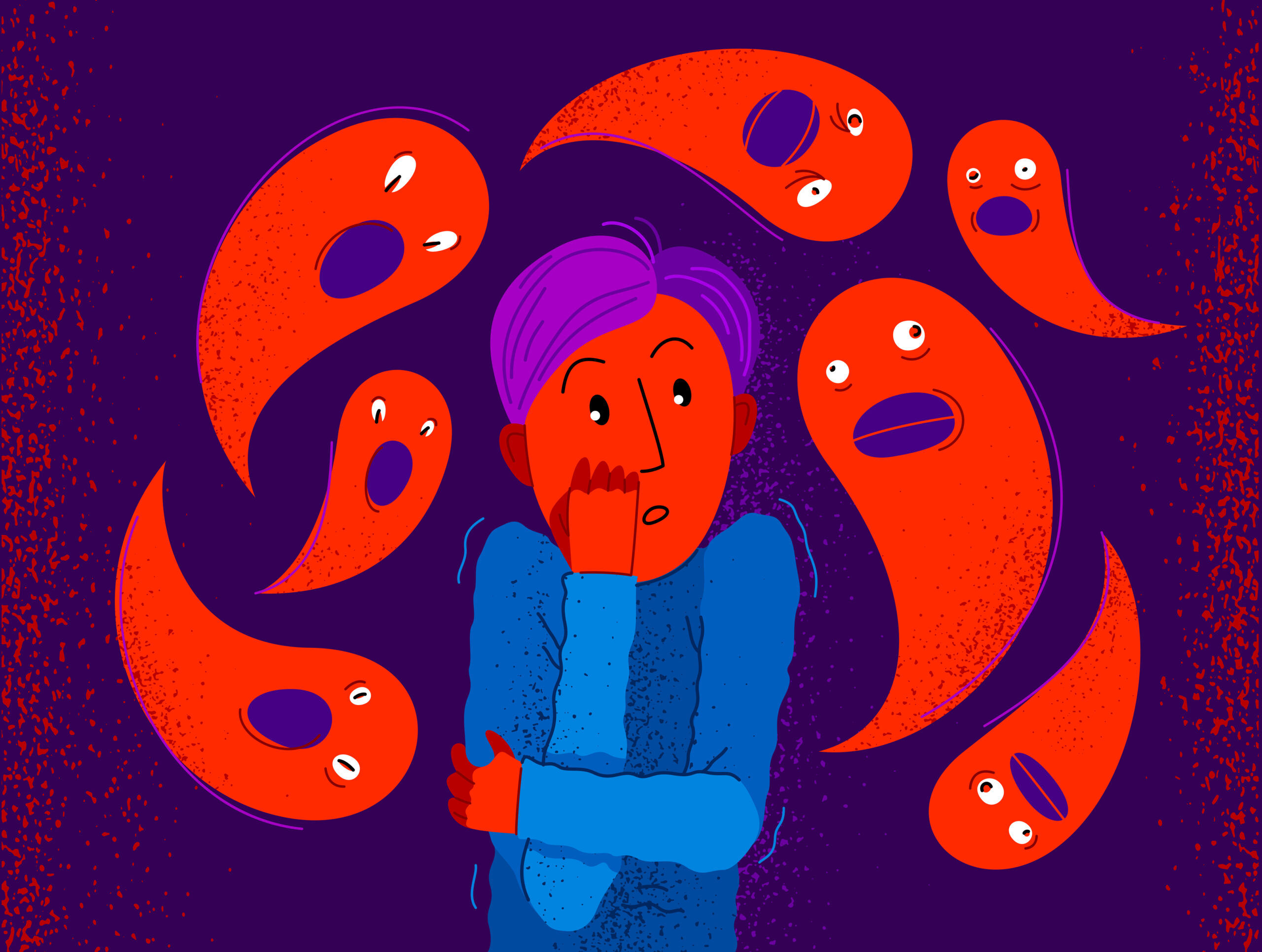What No One Tells You About Aging and Your Immune System
**What No One Tells You About Aging and Your Immune System**
Aging isn’t just about wrinkles or gray hair—it’s a silent battle happening inside your body, especially in your immune system. Scientists are uncovering secrets that explain why some people stay healthier longer, and it all comes down to something called **immune resilience**. Here’s what you need to know:
—
### 1. **Your Immune System Has a “Warranty Period”**
Think of your immune system like a car. Over time, parts wear out. But some people have better maintenance systems—called **immune resilience**—that keep things running smoothly even as miles add up[1][3]. This resilience helps fight off three big aging troublemakers:
– **Chronic inflammation**: A slow-burning fire inside your body that damages tissues over time[3][5].
– **Immunosenescence**: When your immune cells get tired and stop fighting infections effectively[2][4].
– **Cellular burnout**: Cells die faster than they can be replaced, leaving gaps in your defenses[5].
—
### 2. **The Gene That Acts Like a Youth Serum**
Researchers found that people with strong activity in a gene called **TCF7** maintain youthful immune responses longer[1][3]. This gene keeps immune cells regenerative and ready for action, almost like hitting pause on aging for parts of your defense system. Without it, B cells (which make antibodies) struggle to develop properly, leaving you vulnerable to infections[2][5].
—
### 3. **Midlife Is Make-or-Break Time**
Between ages 40–70, immune resilience becomes critical. At 40, someone with poor resilience faces nearly *10 times higher mortality risk* compared to resilient peers—equivalent to being biologically 15 years older[3][5]. But here’s the catch: after 70, even resilient individuals start catching up in risk levels. That means interventions before midlife could add years of healthspan by preserving immunity early[3][5].
—
### 4. **Lipids Are Secret Players in Immunity**
Aging disrupts lipid metabolism through enzymes like ELOVL2 (yes, it’s as complicated as it sounds). When ELOVL2 declines with age, B cells lose their ability to produce infection-fighting antibodies efficiently—a key reason vaccines work less well in older adults[2]. Fixing lipid balance might one day help restore these defenses[2][5].
—
### The Bottom Line
Immune resilience isn’t just about avoiding sickness—it actively promotes health by keeping inflammation low and cell renewal high. While genetics play a role lifestyle factors like diet exercise stress management likely influence this process too though specifics are still being studied The goal? Extend the warranty period on your immunity so you don’t just live longer but live *well* longer [1][3][5] .





